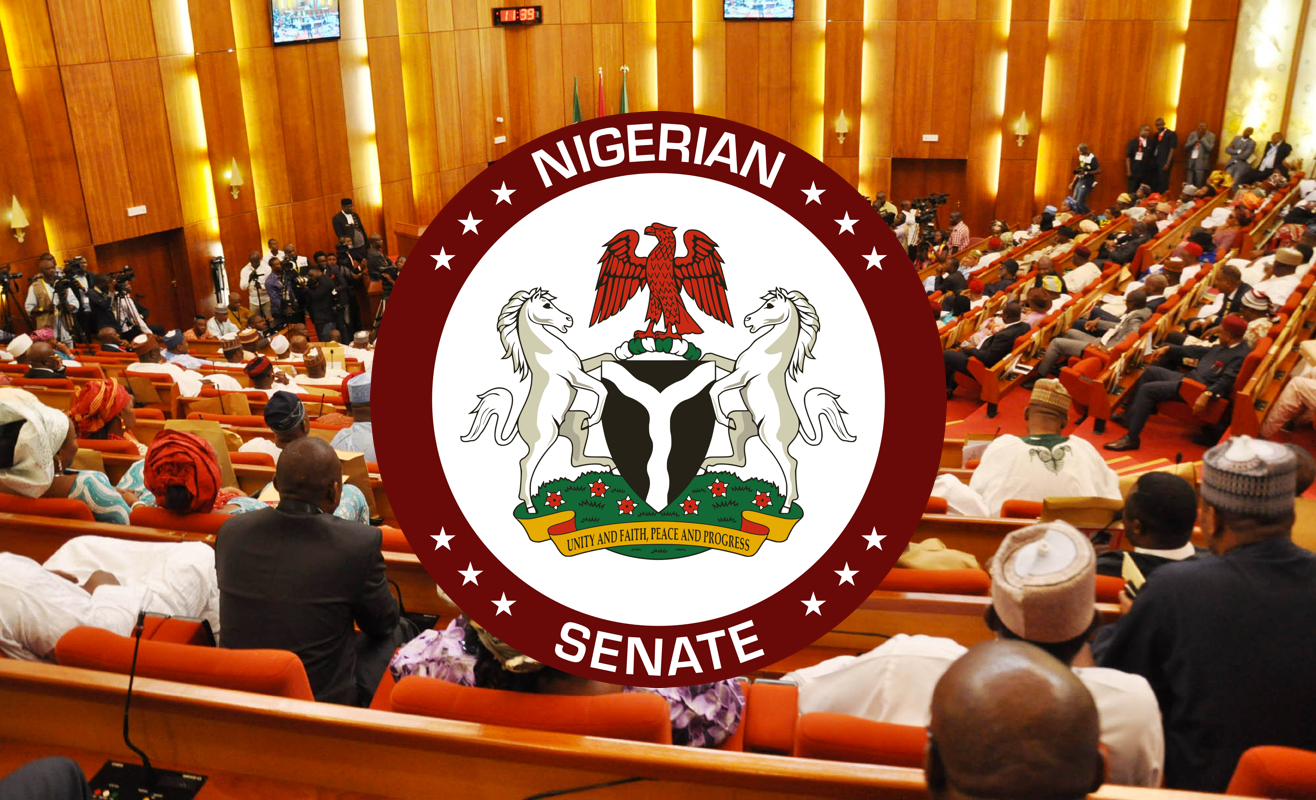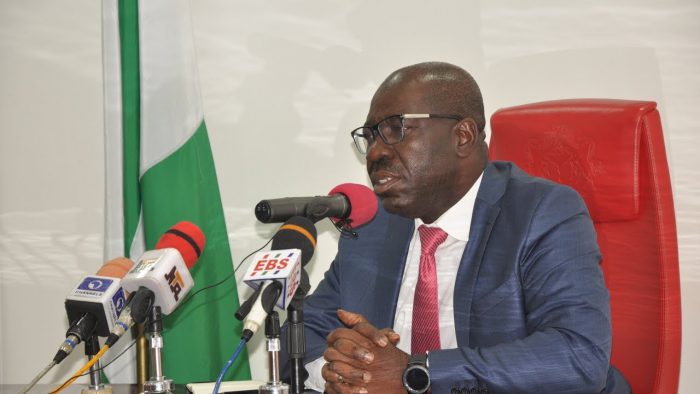NASS renovation and the great outcry

By Ifeanyichukwu Mmoh
SIR: I’ll like to begin this political opinion by first relating to you my experience when I went to the National Assembly complex to see a friend recently.
Even though the uproar over the cost of renovating the complex has more than proved that I am not the only one who feels this way; yet it feels good to know that one was not a lone ranger particularly on matters that have to do with the polity these days.
Writers are too careful now, you know over the subject of hate speech and its proposed punishment; that no one wishes to err.
That his response wowed me is to state the obvious. Then I began to take notice of the painting, the foreign door, the leather seats, the ceiling, and they were all of a high rate finish.
And then I concluded that this legislative complex is clearly built in precast concrete which are fitted together to match and from what I knew such buildings are never in danger until at least 60 to 65years.
The question is: How oldis the complex since Messrs ITB Nigeria built it?
The National Assembly complex was built in 1999 and although it was awarded in February 1996 by the FCDA during the General Sani Abacha(late) military regime at the cost of $35.18 million USD.
Going by today’s exchange rate, it would’ve cost taxpayer’s the sum of N12.67 billion naira ($1 = N360)to build a brand new assembly complex but alas, the budget for a renovation of the already existing complex stands at N37 billion naira only – three times the original cost!
This sum (though sparked an outcry from the already over-taxed Nigerian masses) speaks volume especially in terms of details.
Now, every visionary leader understands that the number one project was the people. If he would spend on building skyscrapers and road networks he would first ensure that the people who would use these amenities eventually were happy and sufficiently satisfied but this seems to not be the case in Nigeria.
About 50% Nigerians do not own their house. And the average daily take home wage is less than $4 USD. The National Bureau of Statistics data of the unemployed puts the figure at 22%.
This percentage captured the ages of 17 to 40 years. If we have one-third of the 22% as citizens of the age of 35 to 40 and they are with families that depended on them; it simply meant that an average of 3 people (wife and two kids) depending on each of the one-third of 22% cannot afford a bag of rice. Look at that!
The masses are indeed in a trap.
- Ifeanyichukwu Mmoh, Abuja.








